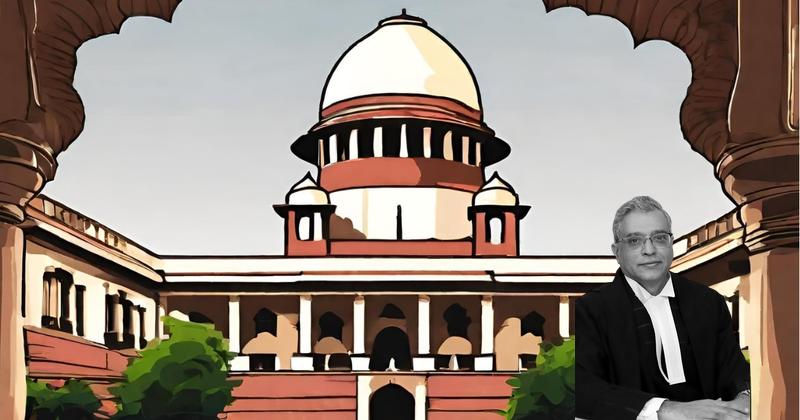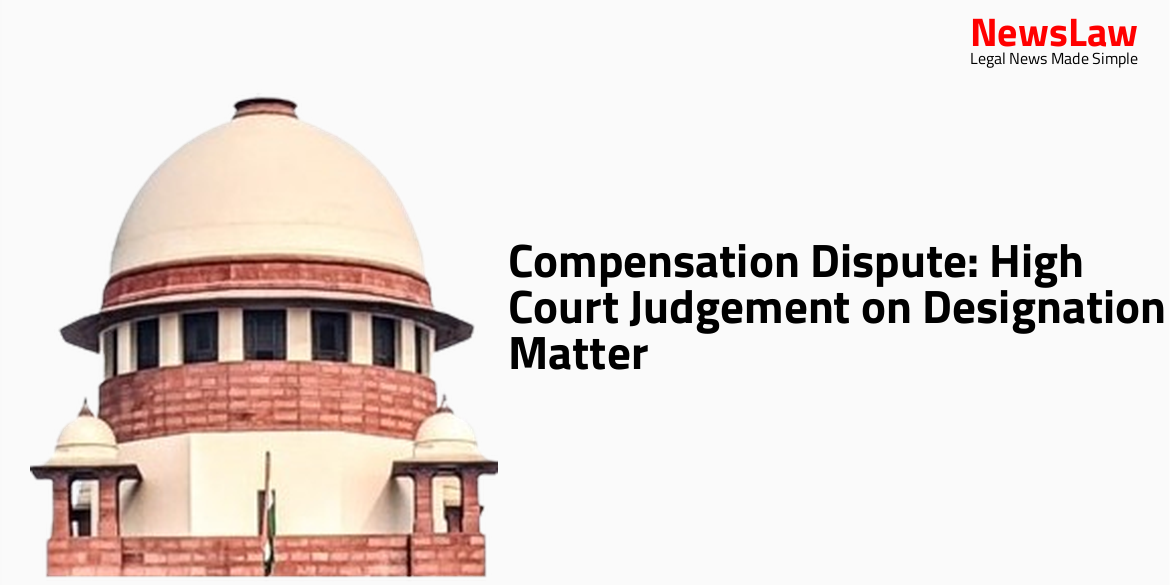The Ministry of Environment, Forest and Climate Change thereafter issued a Notification dated 05.09.2023 under Section 3(3) of the Environment (Protection) Act, 1986, constituting the CEC as a permanent body for “the purposes of monitoring and ensuring compliance of the orders of the Supreme Court covering the subject matter of Environment, Forest and Wildlife, and related issues arising out of the said orders and to suggest measures and recommendations generally to the State, as well as Central Government, for more effective implementation of the Act and other orders of the Court”. Even prior to the constitution of the CEC, this Court directed the constitution of various bodies to oversee and monitor the compliance of its orders. Along with mandating prior approval of the Central Government to undertake any non-forest activities in forests and issuing directions on the felling of trees, this Court also directed the constitution of Expert Committees by each state government to identify ‘forests’ and sustainable existence of saw mills in forests.
Also Read: https://newslaw.in/supreme-court/release-of-petitioner-based-on-juvenility-plea/
In its order dated 04.03.1997, this Court constituted a High-Powered Committee to oversee the implementation of its orders in the North-Eastern region and to also oversee preparation of inventory of timber, apart from permitting its sale. Further, persons who are aggrieved by any steps taken by the government in purported compliance of this Court’s orders could seek relief from the CEC, which must decide the applications in conformity with the Court’s orders. In this order, the Court also took note of the draft proposed notification under Section 3(3) of the Environment (Protection) Act that constituted the CEC as a statutory body for five years. ” When the report was placed before this Court on 24.03.2023, the Court made the following observations regarding 8 the functioning of the CEC. In any case, we are of the view that once an order is passed by this Court, it is not appropriate for a Committee which was constituted under the very orders of this Court to give a report which in effect, questions the correctness or otherwise, of the orders passed by this Court. We, therefore, request the learned Solicitor General and both the learned Amicus Curiae to give a list of persons, who have expertise in environmental and 9 ecological fields. He states that the Union of India would publish a draft notification under the provisions of Section 3 of the Environment (Protection) Act, 1986 providing for the constitution of the CEC.
“ On 18.08.2023, a draft notification issued by the Ministry of Environment, Forest and Climate Change for constitution of the CEC was placed before the Court, with a copy to the learned amicus curiae. Tushar Mehta, learned Solicitor General of India, has handed over a draft notification to be issued by the Ministry of Environment, Forest and Climate Change (MoEFCC) regarding constitution of Central Empowered Committee (CEC). We also permit the MoEFCC to proceed further with the constitution of the CEC in accordance with the notification that will be issued by the MoEFCC. Under the new notification, the CEC shall comprise: i) Chairman, ii) Member Secretary, and iii) Three expert members (one each from the fields of environment, forest, and wildlife). co-opt, wherever feasible, the Secretary of the State Government dealing with the subjects related to Forest or Wildlife or Environment or his representative or the Principal Chief Conservator of Forests of the State as special invitees while dealing with issues pertaining to a particular State. Further, in case of deferment of the decision of any State Government with the CEC’s recommendation, the matter shall be referred to the Central Government and the decision of the Central Government shall be final and binding.
MoEFCC is required to provide suitable and adequate office accommodation for the CEC and requisite manpower, budgetary support, and infrastructure for the discharge of functions and powers delegated to the CEC. Finally, the Central Government appointed the members of the CEC by another notification dated 08.09.2023, and the composition is as follows: i) Sri Siddhant Das, Chairman, ii)
Sri Chandra Prakash Goyal, Member, iii) Sri Sunil Limaye, Member, iv) Dr. The CEC shall formulate guidelines for site visits and, if necessary, hearing the public and affected parties therein. It recognises the vital role that institutions play in governance and focuses on defining the structural norms and processes that guide institutional decision-making. Rule of law in environmental governance seeks to redress this issue as the implementation gap has a direct bearing on the protection of the environment, forests, wildlife, sustainable development, and public health, eventually affecting fundamental human rights to a clean environment that are intrinsically tied to right to life.
Accountability has three essential constituent dimensions : (i) responsibility, (ii) answerability, and (iii) enforceability.
” In India, environmental rule of law must draw attention to the existing legal regime, rules, processes, and norms that environmental regulatory institutions follow to achieve the goal of effective and good governance and implementation of environmental laws. Central Pollution Control Board (CPCB) and State Pollution Control Boards (SPCB): These Boards were initially constituted under the Water (Prevention and Control of Pollution) Act, 1974.
Also Read: https://newslaw.in/supreme-court/legal-analysis-of-circumstantial-evidence-in-a-murder-case/
The National Board can frame policies and advise the Central and State Governments on promoting wildlife conservation and effectively controlling poaching and illegal trade; recommend setting up and managing national parks and sanctuaries; conduct impact assessment of activities on wildlife; review progress of wildlife conservation; and prepare and publish status reports on wildlife in the country. The Central Government constitutes the Advisory Committee under the Forest (Conservation) Act, 1980 to advise the Central Government on the grant of approval for State Government’s use of forest land for non-forest purposes and on any other matter connected with forest conservation which may be referred to it by the Central Government. National Biodiversity Authority and State Biodiversity Boards are constituted under the Biological Diversity Act, 2002.
The NGT also has appellate jurisdiction over certain matters arising out of the Water (Prevention and Control of Pollution) Act, 1974; Forest (Conservation) Act, 1980; Air (Prevention and Control of Pollution) Act, 1981; Environment (Protection) Act, 1986; and Biological Diversity Act, 2002. Union of India, which was a writ petition regarding prawn farming in ecologically fragile coastal areas, this Court directed the Central Government to constitute an authority under the Environment (Protection) Act, 1986 and confer it with powers to protect ecologically fragile coastal areas, seashores, waterfronts, and other coastal areas. Union of India, this Court took suo motu cognisance of falling ground water levels and directed the Central Government to constitute a Central Groundwater Board as an authority to regulate groundwater management and development under Section 3(3) of the Environment (Protection) Act, 1986.
Director of Wild Life Preservation, Chief Wild Life Wardens, Wild Life Wardens, and Honorary Wild Life Wardens vi. National Board for Wild Life vii.
National Disaster Management Authority xvi. National Compensatory Afforestation Fund Management and Planning Authority xxi.
Case Title: IN RE : T.N. GODAVARMAN THIRUMULPAD Vs. UNION OF INDIA AND ORS. (2024 INSC 78)
Case Number: W.P.(C) No.-000202-000202 / 1995



